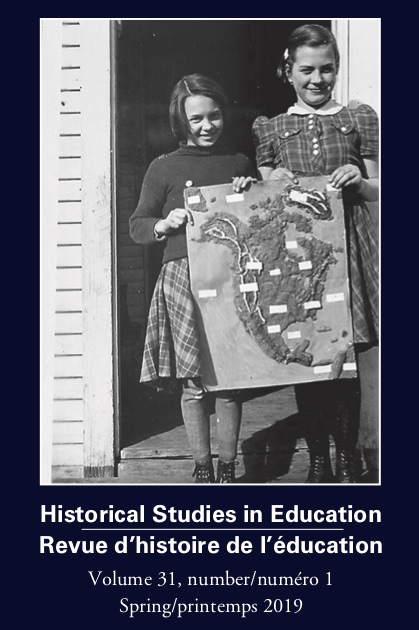- women,
- university,
- coeducation,
- deans,
- interwar
- moral regulation,
- femmes,
- université,
- éducation mixte,
- doyens,
- entre-deux-guerres,
- régulation morale ...More
Abstract
This article argues that a gap emerged after the Great War between the first deans of women and their students over the meaning of self-government for academic women. Early deans believed from their own undergraduate experience that self-government provided important training for women to perform public roles, and by doing so, to attack the gendered assumption that men alone could have full undergraduate rights. By contrast, women students of the post-war years embraced a different undergraduate identity, one which assumed a greater degree of personal liberty, and their conception of self-government entailed the right to determine and monitor their own rules of conduct. By examining Manitoba, Queen’s, Victoria, Toronto’s University College, Dalhousie, and Western, this study adds to the existing literature on moral regulation by exploring how deans were able to develop a new view of student government by incorporating a progressive emphasis on the role of graduate women in participa- tory democracy.
Résumé
Cet article démontre qu’un fossé est apparu après la Grande Guerre entre les premières Directrices des étudiantes et leurs étudiantes sur la signification de la gouvernance autonome des femmes universitaires. En raison de leur propre expérience au premier cycle, les premières directrices croyaient que cette autonomie offrait une formation importante aux femmes aspirant à occuper des fonctions publiques, tout en contredisant l’hypothèse suggérant que seuls les hommes pouvaient jouir des pleins droits étudiants au premier cycle. En revanche, les étudiantes de l’après-guerre ont adopté une identité différente pour les étudiantes de premier cycle ; une identité reposant sur une plus grande liberté personnelle, et une conception de l’autonomie assumant le droit de déterminer et de contrôler leurs propres règles de conduite. En étudiant les universités Manitoba, Queen’s, Victoria, University College (Toronto), Dalhousie et Western, cette étude s’ajoute à la littérature existante sur la réglementation morale en explorant la manière dont les directrices ont pu développer une nouvelle vision du gouvernement étudiant en incorporant progressivement un accent sur le rôle des diplômées dans la démocratie participative.
